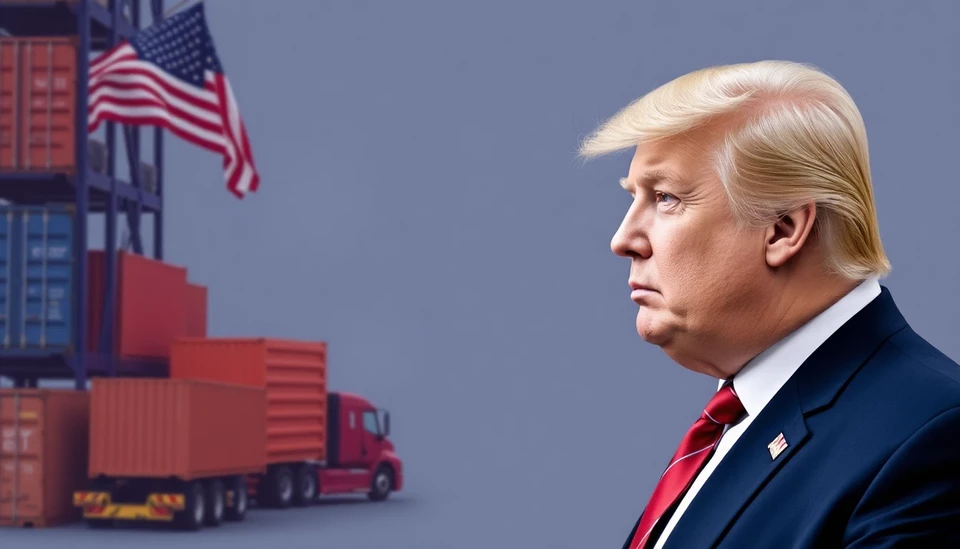
Recent developments in the supply chain sector continue to shape economic discussions, particularly as new transcripts from the Federal Reserve shed light on the complex interplay of tariffs and trade policies that emerged from the Trump administration. In a bold move, these transcripts from 2019 offer a rare glimpse into the Fed's deliberations regarding the impact of tariffs on both domestic and global supply chains.
In an era marked by unfolding disruptions, the importance of supply chains has never been more pronounced. The lingering effects of the pandemic, compounded by geopolitical tensions and fluctuating consumer demand, have stressed supply chains to the breaking point. The recent findings within the Fed's transcripts expose an underlying concern among officials about the long-term implications of protective tariffs. These measures were initially introduced by the Trump administration, aiming to bolster American industries but often resulting in unintended consequences affecting both imports and exports.
The transcripts reveal a candid acknowledgment among Fed members that while tariffs could provide short-term relief for certain sectors, they also risk increasing prices for consumers and creating ripple effects that disrupt international trade flows. According to the discussions, officials expressed apprehension regarding the potential backlash of tariffs on inflation rates, as well as on the overall economic recovery post-pandemic.
As companies grapple with the dual challenges of rising costs and erratic supply chain performance, the Fed's insights have reignited debates on the efficacy of existing trade policies. In particular, the impact of tariffs imposed on crucial goods like steel and aluminum has drawn scrutiny for its role in contributing to both higher manufacturing costs and retaliatory measures from trade partners.
Amidst these discussions, the supply chain crisis has also been exacerbated by new factors such as energy prices, labor shortages, and technological shifts that all demand fresh perspectives and strategic adaptations. Industry leaders are urged to rethink traditional supply chain models, embracing resilience and flexibility as paramount virtues in an unstable global marketplace.
The specter of trade wars continues to loom large, with experts warning that failing to address these challenges could lead to a protracted downturn in economic stability. As the Biden administration tests new waters, a strategic approach focusing on negotiations rather than tariffs may offer a pathway to restoring healthier trade relations.
In conclusion, the lessons drawn from the Fed's 2019 discussions reveal critical insights that not only reflect on past policies but also illuminate the path forward. The interplay of supply chains, tariffs, and economic recovery will remain a pivotal focus for policymakers, businesses, and consumers alike as we progress through an increasingly complex economic landscape.
#SupplyChain #Tariffs #EconomicPolicy #TradeRelations #FederalReserve
Author: Daniel Foster




